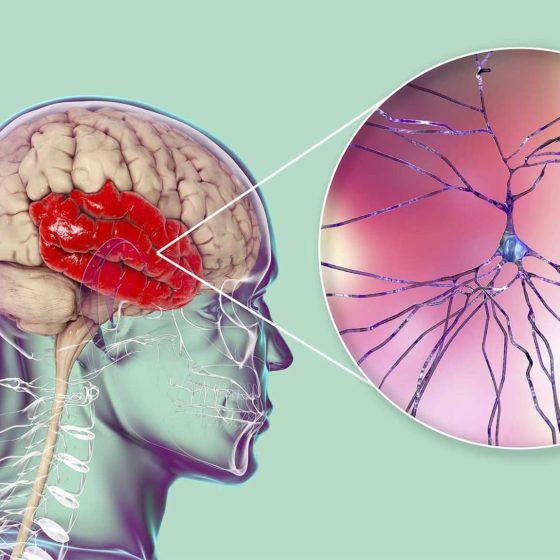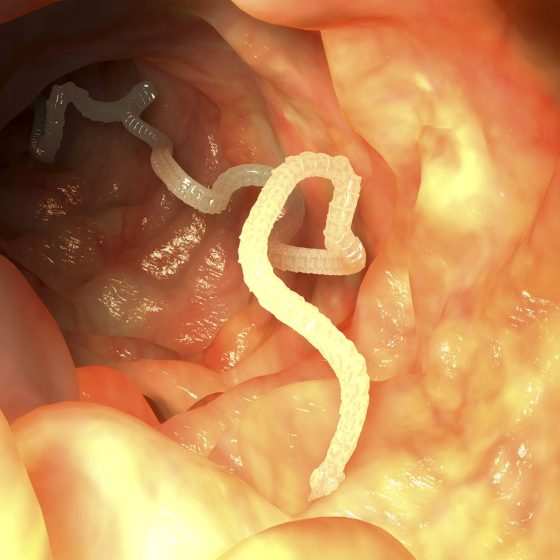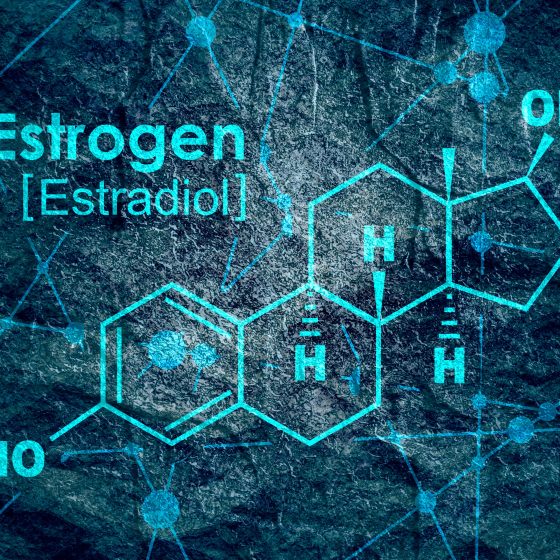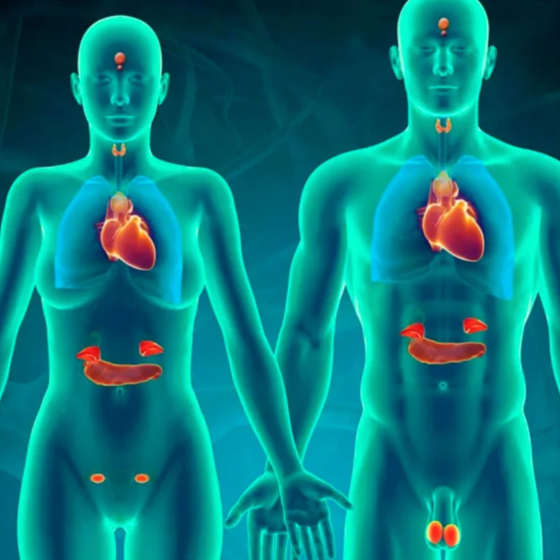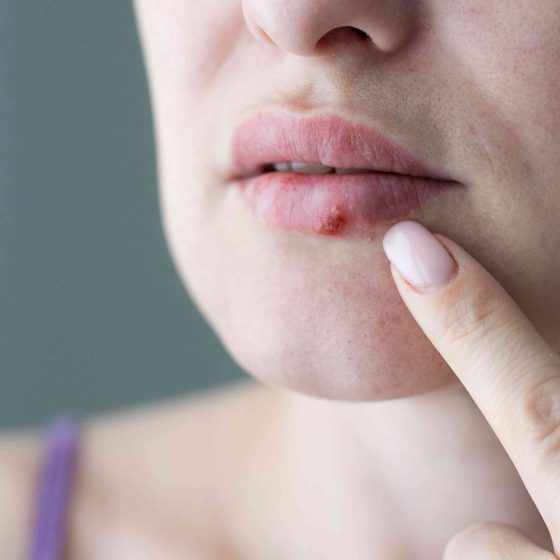Male pattern baldness
Key facts Male pattern baldness is hair loss and thinning of the hair that affects the hairline and top (crown) of the head. Male pattern baldness is a very common condition, affecting up to 1 in every 2 men over 40 years of age. Male pattern baldness is usually hereditary (genetic) and in most cases, it can’t be prevented. There are a few medical treatments that help to manage male pattern baldness and reduce hair loss. Your doctor can advise whether they are right for you. There are many advertisements for so-called ‘miracle cures’ for baldness. However, these are often



